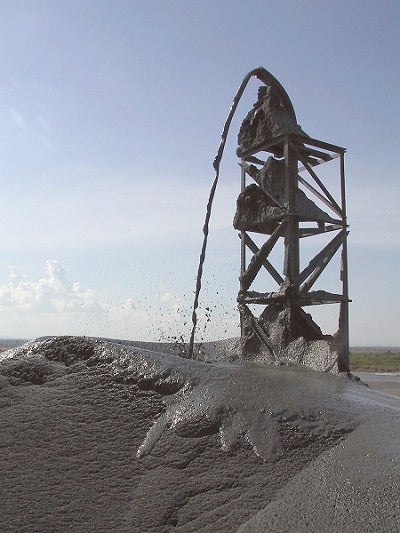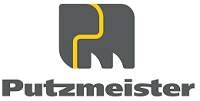
The traditional way to transport liquids and semi-liquid material generally uses a lot of water. But nowadays, where water has become a limited resource, this is no longer acceptable. However, the amount of water needed can be easily reduced, by selecting the right kind of pumping system.
In search for a solution to reduce the amount of water needed for the hydraulic transport of solids, Putzmeister Solid Pumps has developed, in the last couple of decades, a pumping system that needs less water for transportation of any kind of materials compared to the traditional way of pumping. For more than 30 years, double piston pumps are in operation in various industries. They are proven to transport materials, which have earlier been described as not pumpable. Today it is state-of-the-art to pump high-density slurries, paste and cakes safely, economically and environmentally friendly, which results in a better acceptance by the public.
Material characteristics
Hydraulic driven piston pumps can handle all materials from slurry, high-density slurry, paste and cake.
Slurries, if they are not abrasive and if the delivery pressure is low, can be handled by centrifugal pumps. If multi-stage centrifugal pumps are needed and the material is abrasive the costs for wear and energy and the downtime due to repairs will influence the economy of the project. The material has to be pumped at high speeds through the pipeline to achieve enough turbulence to avoid sedimentation.
High-density slurries are often pumped over distances of 5km to 15km. Depending on the distance, the delivery pressures are between 20bar and 100bar. At the German Coal Mine Walsum, a high-density slurry was pumped over a distance of 11 kilometres. This material was fine grained and it could be pumped with low speed laminar through a high pressure pipeline, reducing the wear on the pipeline.
Pastes normally require positive displacement pumps. Paste is a non-Newtonian plastic material which does not settle. It can be pumped at low speeds through the pipeline. At least 30% ultra-fine material smaller 30 µm is needed in the mix to make the material pumpable and to avoid sedimentation in the pipeline.
Paste will produce no bleed water and the slump is higher than six inches and lower than 11 inches. In case there is no cement or other active material in the paste, it can stay in the pipeline for a certain time without plugging. Due to the high-yield stress of a paste, to restart a high pressure of a positive displacement pump is needed. The pumping distances are up to five kilometres and the delivery pressures up to 150bar.
Cake is a very stiff material, for example sewage sludge with 35% solid content by weight, can only be handled by hydraulic-driven piston pumps. This material is fed into the pumps by feeding screws to achieve a good filling efficiency of the delivery cylinders. Due to the stiff material the pressure loss a metre can go up to 2bar a metre and due to this the pumping distances are short.

